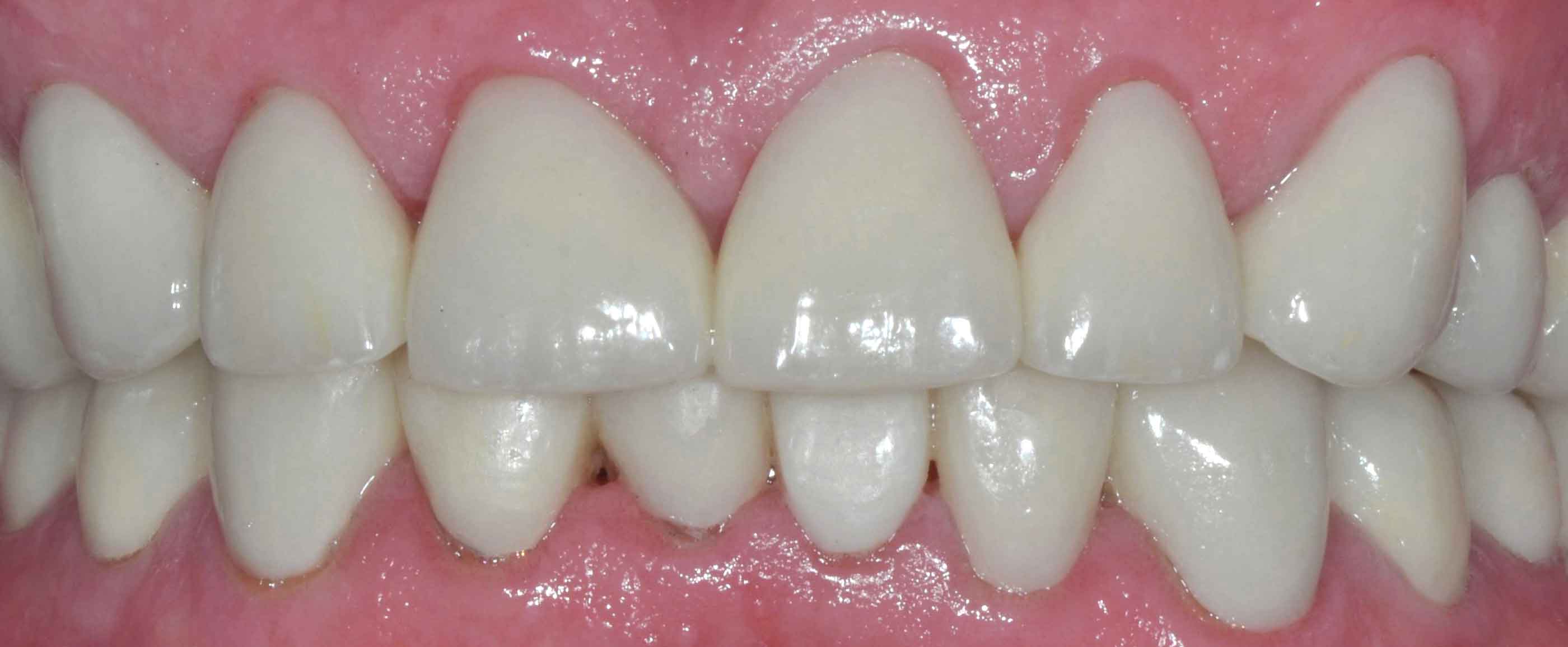To Buy Desyrel Online Visit Our Pharmacy ↓
 Desyrel and Serotonin: Decoding the Mood-improvement Mechanism
Desyrel and Serotonin: Decoding the Mood-improvement Mechanism
Desyrel, generically known as trazodone, has emerged as a formidable player in the arena of mood disorders. Initially marketed as an antidepressant, its unique pharmacological profile distinguishes it from other classes of mood regulators. Unlike conventional antidepressants that primarily target one neurotransmitter, Desyrel exhibits a multifaceted mechanism of action. It not only moderates the serotonergic activity but also exerts influence on other neurotransmitter systems, making it a versatile option for treating varying degrees of emotional disturbances.
The therapeutic allure of Desyrel stems from its dual role as a serotonin reuptake inhibitor and a serotonin receptor antagonist. This dual mechanism allows for increased availability of serotonin in the brain, a neurotransmitter pivotal for mood regulation. Furthermore, its antagonistic action at specific serotonin receptor subtypes contributes to its sedative properties, which can alleviate anxiety and facilitate sleep, addressing the complex interplay of symptoms often seen in mood disorders. As a result, Desyrel has gained recognition for its ability to lift the dark veil of depression, restoring light to the lives of many who struggle with mood imbalances.
Serotonin: the Architect of Our Emotional Wellbeing
Serotonin, a crucial neurotransmitter, orchestrates a vast array of psychological functions, profoundly influencing overall mental health. Its role extends beyond mere mood regulation, encompassing complex mechanisms that control appetite, sleep, memory, and cognitive processes. Known colloquially as the 'happiness chemical,' its abundance or deficiency in the brain becomes a pivotal factor in emotional states. Stable serotonin levels are often associated with feelings of well-being and happiness, while an imbalance can herald the onset of depression and anxiety disorders, making it a primary target in the pharmacological management of mood disturbances.
Scientists have discovered that serotonin pathways play a vital role in the intricate network that dictates mood and emotion. This chemical messenger is synthesized in the brain and the gastrointestinal tract. When released, it interacts with various receptors to modulate nerve activity and influence mood, social behavior, and other psychological phenomena. The link between serotonin and mood is so significant that many antidepressants are designed to increase serotonin levels, thereby enhancing mood and alleviating the symptoms of depression. Understanding this connection is essential in developing effective treatments for mood disorders.
Bridging the Gap: How Desyrel Affects Serotonin Levels
Desyrel, a brand name for the antidepressant medication trazodone, operates primarily through its influence on neurotransmitter pathways in the brain, most notably serotonin. As a serotonin antagonist and reuptake inhibitor (SARI), it uniquely modulates the brain's serotonergic system. By blocking certain serotonin receptor subtypes, it can alleviate anxiety and depression, working subtly to restore equilibrium. Its inhibition of reuptake ensures that serotonin persists longer in the synaptic cleft, enhancing its positive mood effects and bringing a sense of calm and emotional stability to individuals grappling with depression.
While the precise mechanisms are complex, Desyrel’s impact on serotonin levels is pivotal. It does not directly increase the production of serotonin, but rather, by preventing the reabsorption (reuptake) of serotonin back into the neurons, it ensures an increased availability of this crucial neurotransmitter to the brain. This boost in serotonin levels can significantly ameliorate symptoms of depression, helping to rectify the biochemical imbalances that often contribute to mood disorders. Desyrel's ability to improve neurotransmitter signaling in this way underpins its therapeutic efficacy and underscores its role in managing mood.
Unraveling the Serotonergic Symphony in Brain Harmony
The complex interplay of serotonin within the brain is akin to a symphony, with various neurotransmitters and receptors working in concert to shape our mood and emotional state. Desyrel, known generically as trazodone, plays a unique role in this biochemical ensemble, particularly by modulating the serotonergic system. It functions by inhibiting the reuptake of serotonin, effectively increasing its availability in the synaptic cleft. This enhancement allows for a more sustained serotonergic signal, aligning the rhythms of our neural circuits to alleviate depressive symptoms and improve overall mood stability.
The efficacy of Desyrel hinges upon its ability to subtly fine-tune this serotonin-mediated communication without excessively amplifying it, thus avoiding the cacophony of side effects often associated with other serotonergic agents. Its action does not only stop at serotonin reuptake inhibition; it also exhibits antagonistic properties at certain serotonin receptor subtypes, further contributing to its therapeutic benefits. These receptor interactions are instrumental in reestablishing the delicate balance often disrupted in the depressive states, thereby restoring the harmony within the brain's vast neural network and promoting a sense of mental well-being.
From Prescription to Perception: Desyrel's Journey Inside Our Mind
Desyrel, known clinically as trazodone, embarks on a complex journey from the moment it dissolves into the bloodstream, targeting the serotonergic pathways that inundate our central nervous system. Upon its entry, trazodone begins to modulate chemical signaling, binding to serotonin receptors and reuptake sites with varying affinity. By obstructing the reabsorption of serotonin, it elevates the levels of this pivotal neurotransmitter in synaptic clefts, thus amplifying the mood-enhancing signals received by neurons. The altered serotonergic activity culminates in improved mood and emotional stability, which patients often describe as a lifting of the heavy veil cast by depression.
With each dose, Desyrel not only alters the biochemistry of our brains but also transforms patients' perceptions of their emotional landscapes. As the medication takes effect, the subjective experience of anxiety, agitation, or depressive malaise diminishes, yielding to a more balanced and serene mental state. The pharmacological intervention lays the foundation for cognitive and therapeutic modalities, allowing individuals to engage more fully with their surroundings and integrate new behavioral strategies that support their journey towards recovery and emotional resilience.
Debating Desyrel: Addressing Misconceptions and Celebrating Progress
As Desyrel's popularity in treating depressive states grows, so does the public discourse surrounding its use and efficacy. One common misconception is that Desyrel is a quick fix for mood disorders, bypassing the complexity of mental health management. In reality, Desyrel's mechanism of action as a serotonin modulator necessitates careful consideration by healthcare professionals to tailor treatments to individual patient needs. The acknowledgment of Desyrel's subtleties in patient responses has been crucial in refining its application in clinical settings, fostering a more nuanced approach to mental health treatment.
The progress witnessed in Desyrel's journey through the medical field is testament to the scientific community's dedication to mental health innovation. Over the years, clinical trials and patient testimonials have underscored the medication's role in managing symptoms of depression and anxiety. Celebrating this progress involves recognizing the strides made in understanding the drug's pharmacodynamics and its place within the broader spectrum of antidepressant therapy. This evolution of knowledge not only enhances treatment outcomes but also dissipates stigmas, inspiring hope and a more empathetic societal view towards mental health care.
https://noprescriptionbuyonlinerxx.net https://onlinebuynoprescriptionrx.com https://sballergy.com/wp-content/themes/central-child/assets/js/lipitor.html




